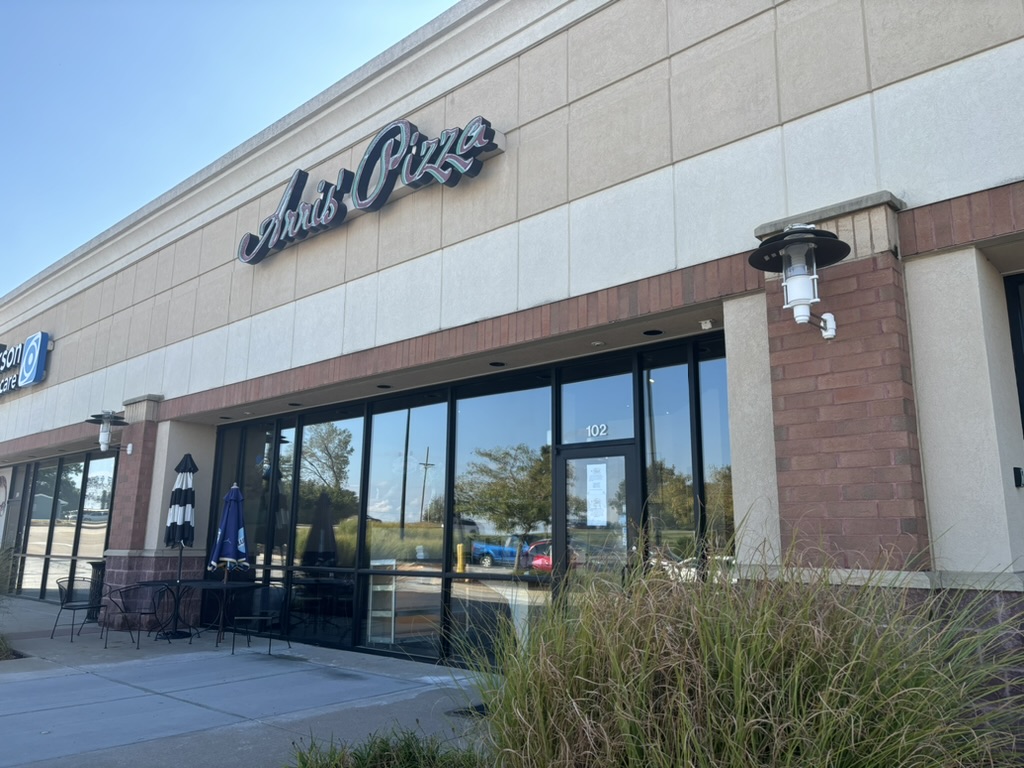Becoming a figurehead for civil rights, surviving a shot to the head and winning a Nobel Prize — all by the time you are 18 years old — seems like a remarkable journey. For Malala Yousafzai, it’s her reality.
Davis Guggenheim’s new documentary, “He Named Me Malala,” captures that unique journey of Malala Yousafzai. The MSA/GPC Films Committee showed an advanced screening of the documentary Sept. 22 at the Regal 14 Theater.
Films Committee Chairwoman Sarah Frey said they have had to fight for diverse films to screen to students because they must be approved by administrators. She said films like this help with cultural understanding and awareness on campus.
“For advanced screenings, this is incredible,” Frey said. “This is one of the best advanced screenings I’ve been able to offer to students.”
The film illustrates Malala’s struggles against the Taliban occupying her native Swat Valley in Pakistan.
Her father, Ziauddin Yousafzai, was a school teacher and headmaster who taught his students to “challenge tradition.” He began teaching Malala from a very young age.
After the Taliban banned girls from attending school, Malala stood against them and, along with other friends, attended school anyway. She started an anonymous blog discussing the right to education for BBC at only 11 years old.
She also started to speak publicly throughout the country in favor of equal rights to education for everyone. In retaliation, the Taliban attempted to assassinate her.
After surviving the attack, Yousafzai continues to fight for education rights for others. The documentary focuses on her passion for education, illustrating the importance it has had throughout her life.
In the same vein, Frey said this movie can help educate others about the Islamic culture. She said Muslims are underrepresented and misunderstood in American media.
“Mostly the way Muslims are portrayed in film — it’s dehumanizing,” Frey said. “It’s not real life. They’re not represented as fully as white men are.”
She also said that better representation is something the committee is striving for.
Freshman Briana Gafford said she did not know much about the movie before seeing it, but that it was “eye-opening” in showing the violence Pakistanis under Taliban control have to endure.
“When they come out with movies like this, it shows the world outside of the (U.S.),” Gafford said.
Freshman Erin White said the documentary was inspiring. Showing it free to students is a easy opportunity for MU students to learn about international issues who, like herself, may not have televisions.
The film also might make students appreciate their open access to education, graduate student Menka Khoobchandani said. It might help American students realize how important education is, she said.
“They should see that (other countries) are starving for education,” Khoobchandani said. “I think this will bring awareness.”
Frey said she hopes that showing films like these at MU will help cultivate understanding among students.
“You can’t change hearts, but you can try to change ignorance through education,” Frey said.
The Films Committee plans on showing more diverse films that feature under-represented groups. “Dope,” “Mad Max” and “Straight Outta Compton” are all a part of the lineup for the semester.
“He Named Me Malala” opens in theaters Oct. 2.







